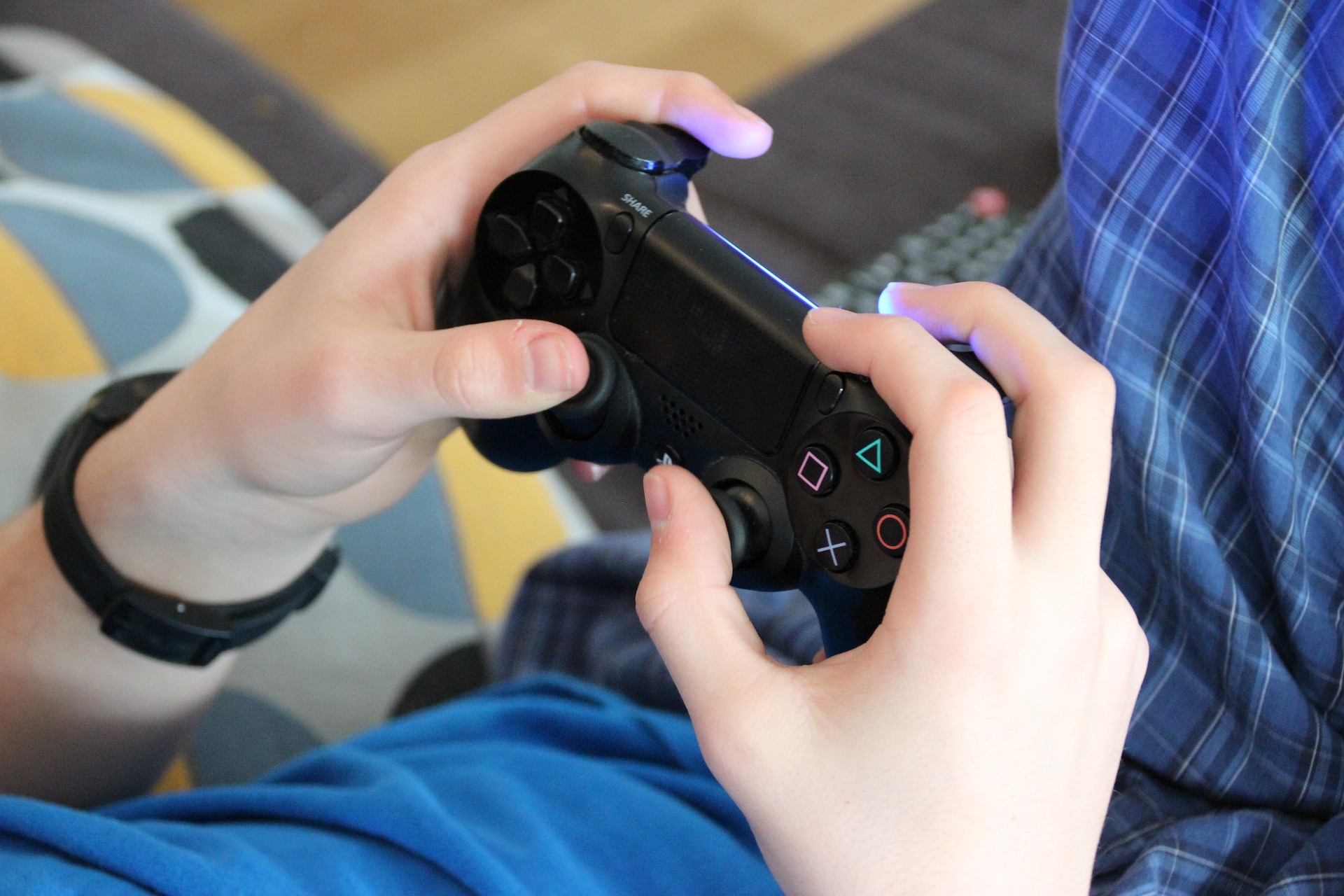Twelve high school students have been recognized for making short films aimed at their peers to highlight the dangers of Elf Bar devices.Continue reading

The dangers of video games for children was one of the topics discussed at last week’s meeting of the Family-Friendly Task Force set up by the Hungarian Competition Authority last year. In addition to video games, it has already emerged that TikTok can also pose a risk to young people.
Csaba Balázs Rigó, chairman of the authority, said at the meeting that “surveys show that more and more children are playing video games on a daily basis. And the video game industry is targeting our children with deceptive and aggressive advertising practices, by exploiting children’s less developed cognitive abilities and by distributing confusing virtual currencies”.
As a result,
the Hungarian Competition Authority will soon launch its own market research to map the dangers of video games in detail.
The Family Friendly Task Force is an inter-professional consultation forum involving both public and civil society bodies to support the work of the Consumer Protection Round Table set up by the Ministry of Justice. Its aim is to support legislation and enforcement aimed at protecting families and family relationships. In addition to the Hungarian Competition Authority and the Ministry of Justice, 13 other organizations participate in its work.
A Hungarian authority has already dealt with the issue of media threats to children earlier. The National Media and Infocommunications Authority (NMHH) is concerned that ten to fifteen-year-old teenagers spend an average of two hours on the internet, including on TikTok, on weekdays and almost three hours on weekends, the authority revealed in January, presenting research results.
The data showed that internet use and online games are hardly ever talked about in pre-school, with traditional games still dominating. Online games are already appearing for primary school children, but still under relatively strong parental supervision. Meanwhile, social media is “booming” among 10 to 15-year-olds, with the main activity of surfing the internet being checking Facebook, Instagram, and TikTok profiles, posting, and messaging on Messenger.
The National Media and Infocommunications Authority has also pointed out that in recent years, online challenges have become a growing danger as well, with increasing physical and mental risks, self-harm and even death. According to the NMHH,
the spread of online challenges is not only an inherent part of online space and social services, but is increasingly part of the socialization of young people, especially teenagers.
“It is in our common interest that parents recognize when their child is in distress and even engaging in online challenges that put their physical or mental health at risk. To do this, they need to be aware of new online trends and help them avoid them, interpret them, and detect harmful effects early on,” their statement read.
Featured photo via Pixabay